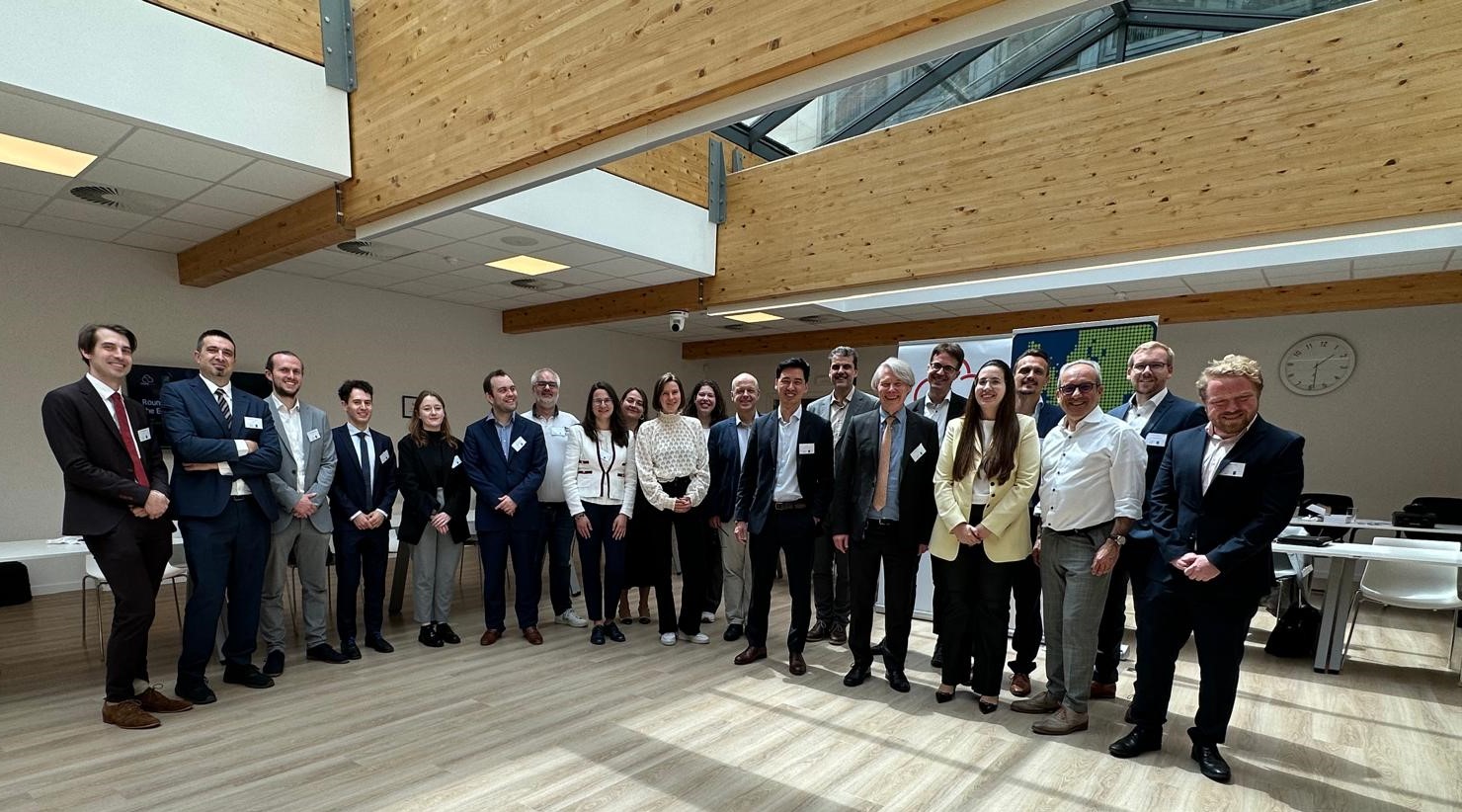Brussels, 29 May 2024 Today, the European Data Centre Association (EUDCA) and Cloud Infrastructure Services Providers in Europe (CISPE) welcomed representatives from the European Commission, eight national ministries, and national trade associations in Brussels to discuss the newly adopted EU reporting framework for data centres. The EU reporting scheme, better known as the revised Energy Efficiency Directive (EED) and the subsequent Delegated Act, came into effect this month. The first reporting deadline at an EU level is set for 15 September 2024.
Ahead of the deadline, some aspects of the reporting requirements remain challenging. For example, some data points are technically impossible to measure, such as data traffic reporting, which does not contribute to improving the sustainability of data centre operations. Similarly, colocation operators are required to report data on IT equipment, to which they do not have access, as their customers own the IT equipment and often impose confidentiality obligations on the colocation operator. Finally, disclosing some data points with a low level of confidentiality may create cybersecurity risks and, last but not least, Member States may add more (or different) requirements in the national transposition process of the Energy Efficiency Directive.
The roundtable showed why a harmonised and collaborative discussion to create a level playing field in reporting is essential for both data centres and digital infrastructure across Europe.
Béla Waldhauser, Board Member of EUDCA said:
“The Energy Efficiency Directive leaves many questions open, which must be discussed with member states. For instance, whether colocation operators will be liable if their customers do not forward relevant IT data. Exchanging with the national administrations was valuable to underline legal certainty for the industry.”
Starting this year, all data centre operators based in the EU with a capacity equal to or above 500 kW must report annually on a series of metrics. A publicly accessible, transparent, EU database for data centres will gather all reports. These reports will display relevant data points at several levels of aggregation. Data points include, for instance, data centre energy usage, together with other sustainability-related metrics. As a leading industry in the decarbonisation process, EUDCA and CISPE look forward to making transparency and reporting in the ICT sector a success.
As Francisco Mingorance, Secretary-General of CISPE said:
“The Roundtable was crucial in bringing together industry and authorities. Member states can learn a lot from each other, and together with the European Commission clarify important questions regarding the functioning of the reporting mechanism. Together, we can ensure that our industry not only meets regulatory requirements but also leads the way in sustainable digital transformation”
Starting this year, all data centre operators based in the EU with a capacity equal to or above 500 kW must report annually on a series of metrics. A transparent, publicly accessible, EU database for data centres will collect all reports. These reports will display relevant data points at several levels of aggregation. Data points include, for example, data centre energy usage, along with other sustainability-related metrics. As a leading industry in the decarbonisation process, EUDCA and CISPE look forward to making transparency and reporting in the ICT sector a success.
About: The EUDCA and CISPE, co-founders of the Climate Neutral Data Centre Pact (CNDCP), an industry-led initiative developed with the help of the European Commission’s DG CNECT, aim to enable data centres to reach climate neutrality by 2030 through measurable goals. Both welcome the reporting scheme. With the new Commission coming in by the end of 2024, the partner associations hope that Brussels will include more data centres below 500 kW within the scope of the EED.

